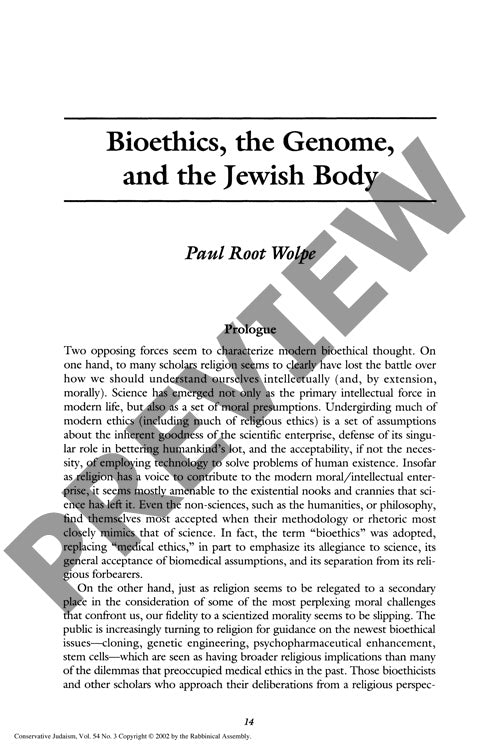Bioethics the Genome and the Jewish Body
Couldn't load pickup availability
From the eugenics movement to the Human Genome Project, genetic science has profoundly shaped perceptions of Jewish bodies and identity, creating an enduring paradox of both embrace and resistance toward genetic technologies. Historical and sociological analysis reveals how anti-Semitic medical discourse since the seventeenth century convinced many Jews that their bodies were inherently flawed, requiring medical intervention—a legacy that continues to influence Jewish responses to contemporary genetic research. As genetic technologies advance, Jewish voices have gained unprecedented prominence in bioethical debates, particularly regarding cloning and stem cell research. This prominence stems partly from the high prevalence of certain genetic conditions in Jewish populations, positioning Jewish communities at the intersection of genetic research's benefits and risks. The Human Genome Project represents a new form of biological essentialism that reduces human nature to genetic determinism, echoing historical eugenic ideologies. Jewish communities demonstrate profound ambivalence toward genetic technologies, embracing preventive programs like Dor Yesharim while remaining wary of genetic stigmatization and discrimination. Jewish historical experience with medicalized discrimination offers crucial wisdom for contemporary bioethical debates, emphasizing the need for extreme caution in genetic interventions. Religious perspectives, particularly Jewish voices, have become central to public bioethical discourse precisely because genetic technologies raise fundamental questions about human nature and identity that purely secular approaches cannot adequately address.

More Information
-
Physical Description
-
Publication Information
Published 2002
ISBN
-
Publication Credits
Paul Wolpe

